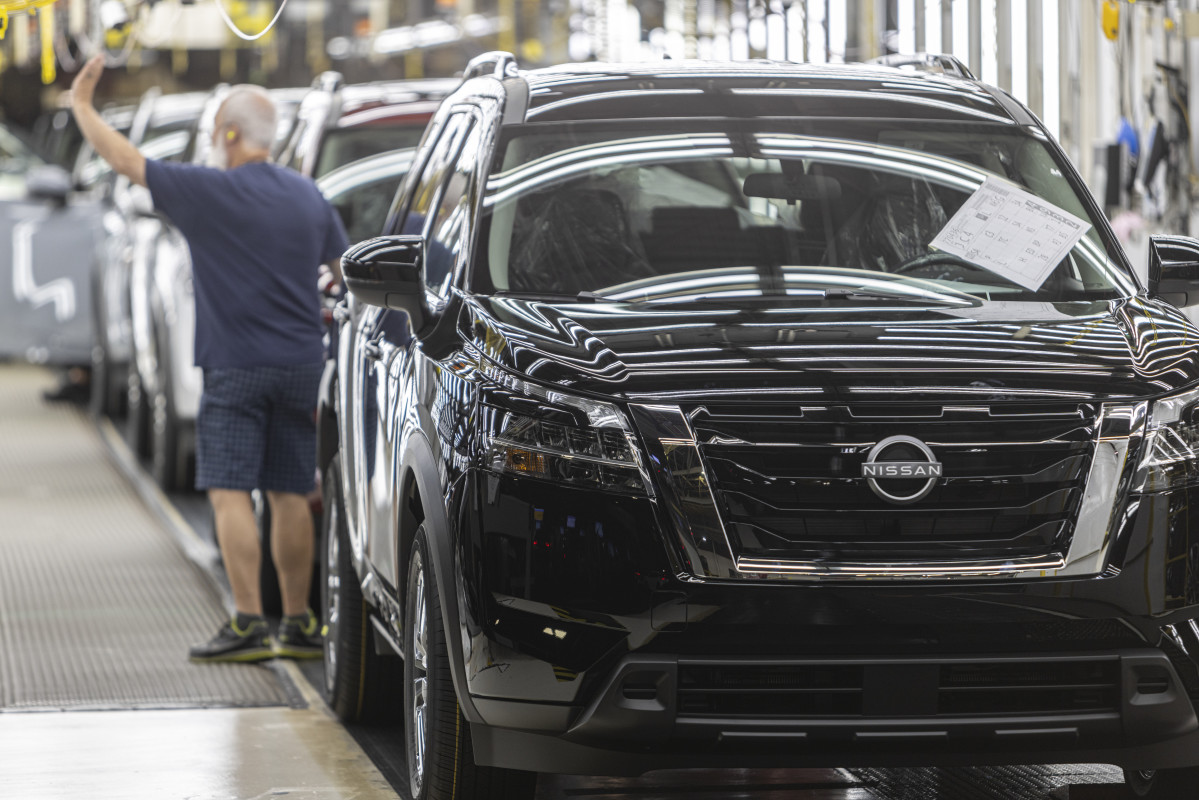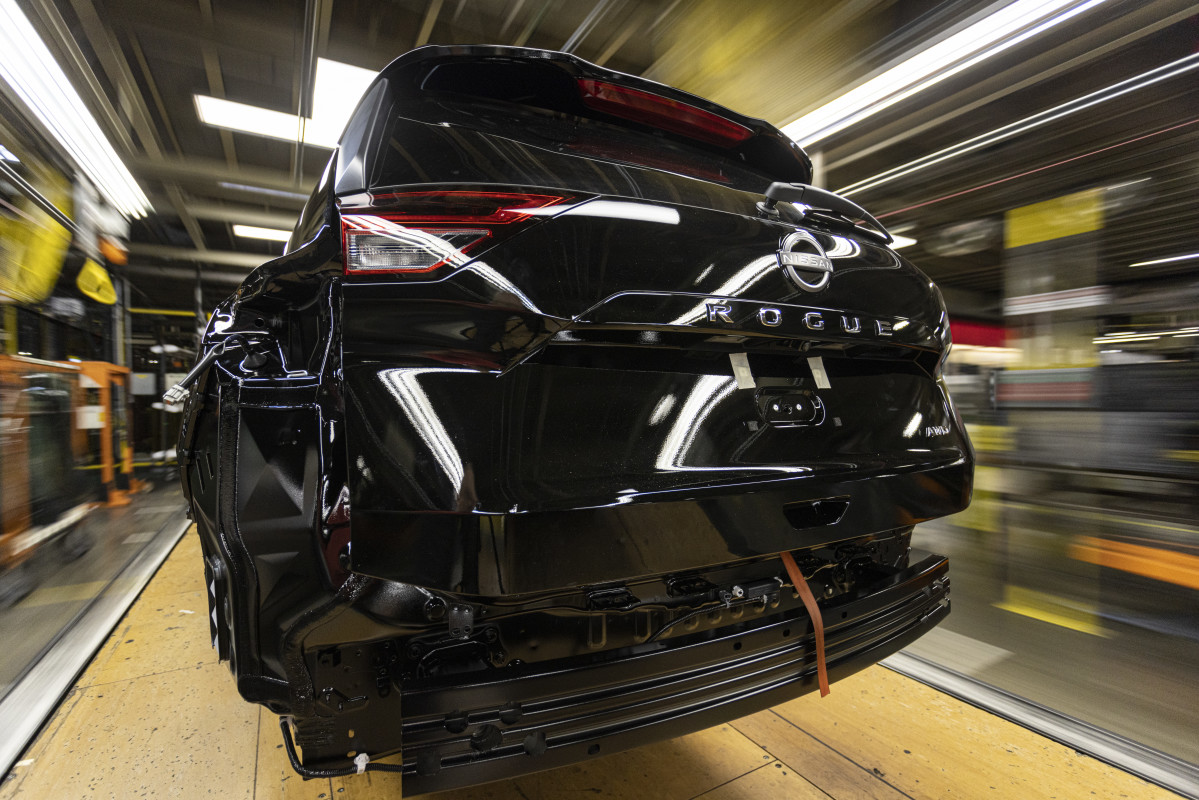Nissan’s Steady Course

Nissan has recently made headlines by ensuring its U.S. dealers and customers that it won’t be jacking up prices on its imported vehicles, at least until early June. The Japanese automaker is evaluating how it can maximize its U.S.-based manufacturing capabilities to cushion the blow of any ongoing tariff-related challenges. With an eye on its available resources, Nissan seems determined to tackle these hurdles head-on.
In a memo dated April 15, Nissan’s U.S. sales chief, Vinay Shahani, outlined the automaker’s strategy. Despite the looming concern about President Trump’s 25% tariff on foreign autos, Shahani reassured dealers that Nissan had a near three-month supply of tariff-free models on standby. The approach includes plans to enhance local production if tariffs continue to impact affordability.
Amidst all this, Nissan is gearing up to boost the production of four popular vehicles: the Rogue crossover, Pathfinder SUV, Murano SUV, and the Frontier pickup. In 2024, these models collectively accounted for nearly half of Nissan’s sales in the U.S. However, there’s been talk that two of their U.S. plants, namely Smyrna in Tennessee and Canton in Mississippi, were running at only half capacity that year. Increasing output from these locations could offer a viable path through the tariff storm.
Revved-Up Production

Nissan is taking tangible steps to ramp up its U.S. production. By staying open later and introducing a second shift on the Rogue assembly line in Smyrna this summer, Nissan aims to crank up production by 54%, translating into an additional 60,000 vehicles over the next 12 months, according to Christian Meunier from Nissan Americas.
It’s not just Nissan adapting to these trade challenges. Hyundai and its luxury arm, Genesis, have implemented ‘Customer Assurance’ and ‘Genesis Cares’ programs, keeping the manufacturer’s suggested retail prices steady until June. Meanwhile, Detroit’s own Ford is promoting its employee pricing model, offering discounts between $2,000 and $10,000 on select models.
Future Impact
While the pause on additional tariffs has provided a slight reprieve, the broader impact on the automotive market is still a cloud hanging over the industry. Telemetry, a Detroit-based automotive advisory firm, forecasts a potential loss of up to 1.8 million car sales annually if these tariffs persist. Hopes are pinned on either concerted trade negotiations or the lobbying power of the auto industry to turn the tide.
In the grand scheme, these measures might seem like small adjustments. But in the rapidly changing economic terrain of the automotive world, they represent strategic efforts to sustain steady growth. Time will tell if these efforts will cement a stronger footing or if policy changes will bring about more sustained relief.
F1 Legends' McLarens
Lexus ES Debuts
Porsche Turbo Revamp
Renault 5 Turbo Revamp
Porsche's Retro Ride